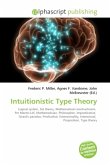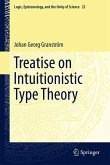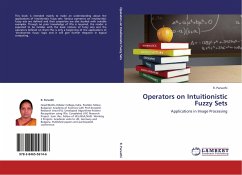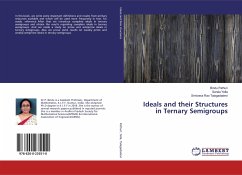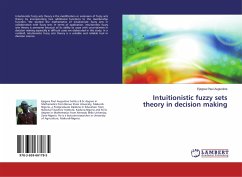Routley-Meyer Ternary Relational Semantics for Intuitionistic-type Negations examines how to introduce intuitionistic-type negations into RM-semantics. RM-semantics is highly malleable and capable of modeling families of logics which are very different from each other. This semantics was introduced in the early 1970s, and was devised for interpreting relevance logics. In RM-semantics, negation is interpreted by means of the Routley operator, which has been almost exclusively used for modeling De Morgan negations. This book provides research on particular features of intuitionistic-type of negations in RM-semantics, while also defining the basic systems and many of their extensions by using models with or without a set of designated points.
"The authors present an overarching inquiry into modeling negation in the context of the Routley-Meyer semantics based on the idea that there is a connection between implication and negation. The book will be of interest to logicians who are interested in non-classical logics together with interpretations for these logics." --Mathematical Reviews Clippings


